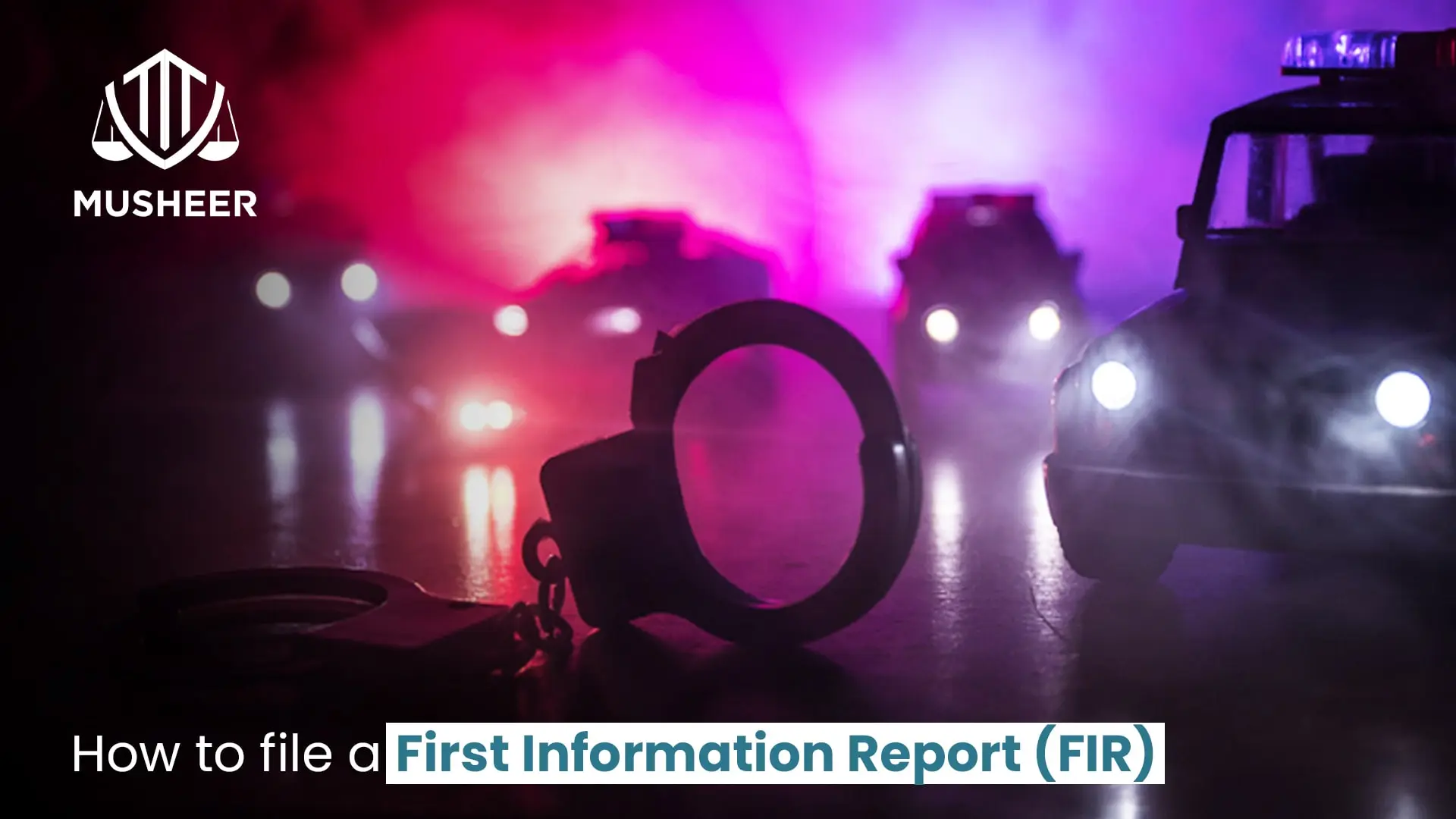Section 172 Cr. P.C. deals with Police Daily Case Diary known as Zimni. Daily Case
The police investigation officer about daily proceedings in investigating a particular case prepares a diary. Daily Case Diary is prepared under section 172 Cr PC & Police Rules Chapter 25 Rule 53. It is a secret document of the investigation officer; only the court can demand and inspect it.
Defense counsel has no right to inspect it. It is a privileged document under Article No..6 of QSO
Read Police Rules Chapter 27 Rule 16(II).
What details are included in a Daily Case Diary (Zimni)?
Section 172 Cr.Pc provides that every police officer making an investigation for an offense committed shall record all the proceedings in the investigation, including:
-
The time at which any information reached him;
-
At the time he initiated the investigation;
-
At the time, he closed the investigation;
-
The places visited during the inquiry for investigation; and
-
A statement of circumstances was ascertained through his investigation.
This requirement of keeping a Daily Case Diary (Zimni) is mandatory, and the police officer is bound to enter all details he comes across and finds during the investigation relating to a Particular case. For example, suppose he records the statement of any person/concerning action to the point. In that case, he is bound to add it to the Daily Case Diary (Zimni), or if he takes remand of any person during the investigation or visits any site of the investigation of the case, he is bound to add all such details in the Daily Case Diary (Zimni).
Importance of Daily Case Diary (Zimni):
The Daily Case Diary (Zimni) records all the progress during the investigation progress in a particular case. The Daily Case Diary (Zimni) is a separate document for each case. This Diary helps to keep track of the happenings during case the case investigation.
A police officer in charge of the investigation is bound to add every new detail he comes across. The investigator must complete all or skip any detail from the Daily Case Diary (Zimni). A recent Daily Case Diary (Zimni) is made for every new case.
Who can inspect Zimni?
Section 172 (2) bars the provision of Zimni to the accused. It is a privileged diary; therefore, anyone cannot inspect it; even the accused or his lawyer cannot be allowed the Zimni. Only statements of witnesses who are recorded u/s 161 CrPC can be provided to the
Court that has held in the Court in AIR 1935 Rang. 370;
“The accused or his agent is not entitled to call for or see the diary until it is used by the Police or the court for the purpose described in Section 172. The reason is that if the accused were entitled to inspect the diary, the Police Officer making the investigation would diary all information that he believed would injure the prosecution. The accused is entitled to inspect the data court using the diary the court to enable the Police Officer who made it to refresh his memory or when the diary to contradictadicting him.”
Can the Court ask for Zimni?
Section 172(2) provides that the Court can send for such Zimni of a case under inquiry or trial. However, the Court may use Zimni to aid in the trial process. It cannot be used as a piece of evidence. The only legitimate purpose for which the Police diary may be used is to assist the court which tried the case by suggesting means of further elucidating points which need clearing up and which are material for doing justice between the Crown and the accused but not containing entries which can by themselves be taken to be evidence of any date, fact, or statement contained in the diary (See, generally, 43 Cr. LJ (1942 Pat.))
Evidentiary Value of Zimni:
-
The Daily Case Diary (Zimni) has no evidentiary vawas in AIR 1917 P.C. using the Police Cae Diary as evidence in a case that needs to be corrected.
-
Police diaries may be referred to by the court for their satisfaction but not to consider the effect of inadmissible evidence as corroborating circumstances appearing on the case record (See, generally, PLJ 1984 Cr.C. 120 (Lahore)).
-
It was held in PLD 1974 Kar. 91 that the Court can see the police diary to aid itself in arriving at the correct conclusion. In suitable cases, the court can direct the Police Officer to refer to the case diary and give answers.
-
The Courts are not allowed to use the Daily Case Diary (Zimni) because when the Judge has perused the Police diary, it is impossible to avoid the conclusion that he had allowed his mind to be influenced by what he found in the diary and what was not before him. In such a case, the judge cannot be termed unbiased, and the conviction he passes cannot be maintained. (See, generally, 48 Cr. LJ (Pat.) 165; AIR 1946 Pat. 127)
Types of Zimni:
There are two types of Zimni
1) Anderoni Zimni
Androoni Zimni is drafted at the police station.
2) Barooni Zimni
Barooni Zimni is drafted outside the police station premises, for example, place of occurrence, place of recovery, etc.
Difference between Daily Case Diary/ Daily Diary:
A notable difference between the Daily Case Diary (Zimni) and Daily Diary is that Daily Case
A diary (Zimni) is the record of an investigation in a particular case. It need not be updated daily. It only needs to be updated when the police officer in charge of the investigation gets a new detail relating to that particular case for which such Daily Case Diary (Zimni) is made. A new Daily A case Diary (Zimni) is made for a patient case.
However, Daily Diary keeps a record of all the proceedings of the police station. It is updated daily. It is not related to a case. The Daily Diary of the Police Station cannot leave the police station premises.









